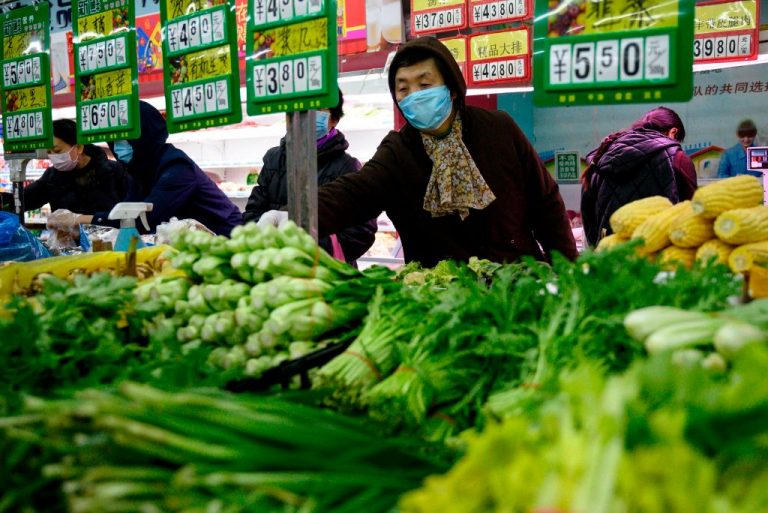Chinese authorities are urging families to stock up on food and essential supplies ahead of the winter as energy shortages and increasing COVID-19 restrictions could disrupt daily life.
The country’s Ministry of Commerce (MOC) issued a notice on Monday, Nov. 8, directing local governments to encourage residents to stock up on “daily necessities,” including vegetables, cooking oil and meats. “Families are encouraged to store a certain amount of daily necessities to meet the needs of daily life and emergencies,” the notice read.
The MOC urged local authorities to ensure that people have an “adequate supply” of essentials to last until spring. It also told those authorities to keep prices stable — a source of anxiety in recent weeks, as the cost of vegetables has surged throughout China because of unusually heavy rainfall and flooding, and a recent crisis with the pork industry has sent poultry farmers scrambling, resulting in an excess of pigs.
As a result, food prices in China have skyrocketed. Reuters reported last week that the price of cucumbers, spinach and broccoli had more than doubled from early October. It was also reported that the cost of vegetables is now higher than that of pork.
The news sent residents into a frenzy as heated speculation was sparked on social media. Some worried the call to stockpile was related to a potential outbreak of war with Taiwan. One resident told Reuters: “As soon as the news came out, all the old people near me went crazy panic buying in the supermarket.”
Success
You are now signed up for our newsletter
Success
Check your email to complete sign up
Because the notice directly urged families to stockpile, and not just local authorities, residents began to panic as speculation intensified over whether this meant a food crisis was imminent. The government “didn’t even tell us to stock goods when the COVID-19 outbreak erupted in early 2020,” wrote one Weibo user, in response to the news.
The Ministry of Commerce responded by reassuring people there was no imminent threat to food supply and the intention of the notice was to ensure residents were prepared for potential lockdowns or quarantine in the surge of new coronavirus outbreaks.
“In the long run, it is also advocating for residents to improve their awareness of emergency management, increase the household reserve of necessary commodities to supplement the national emergency system,” state-run newspaper Economic Daily said in a statement published on its Weibo account.














